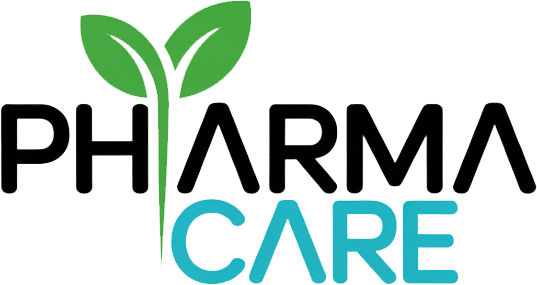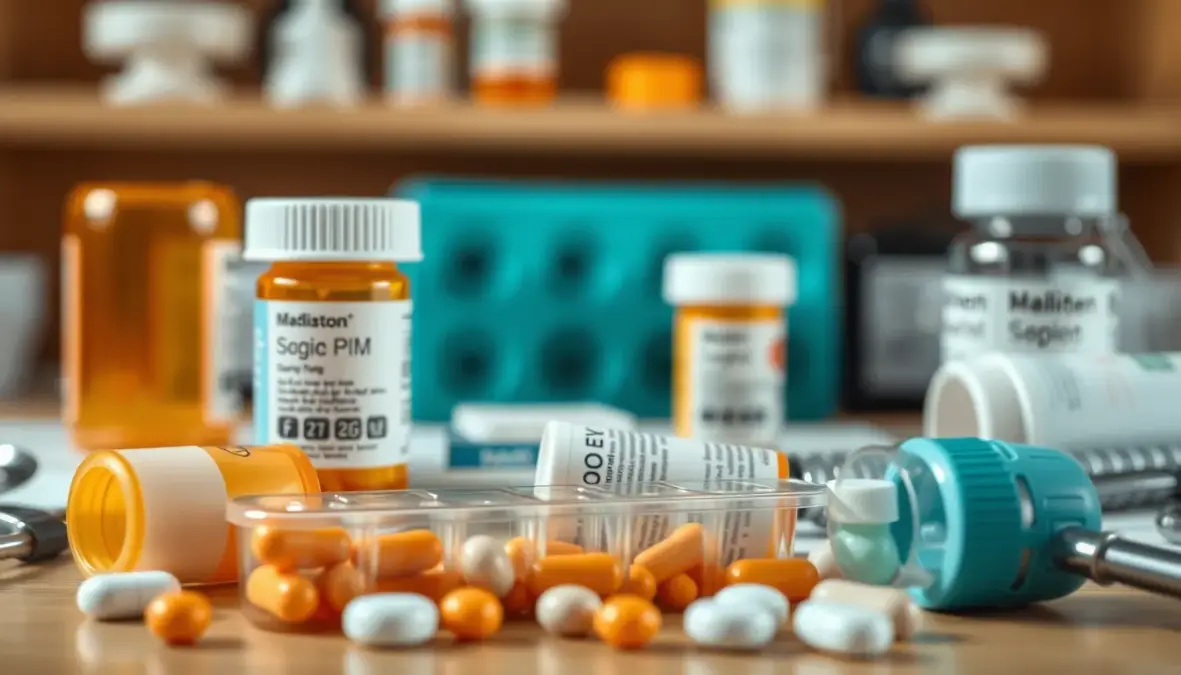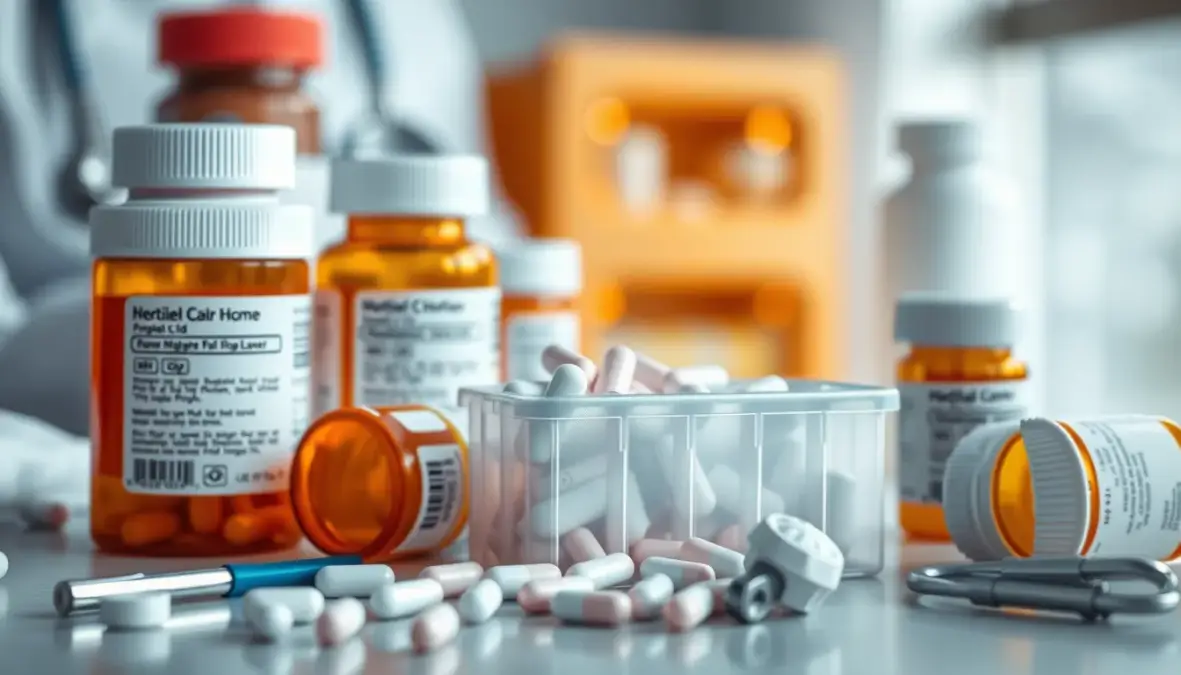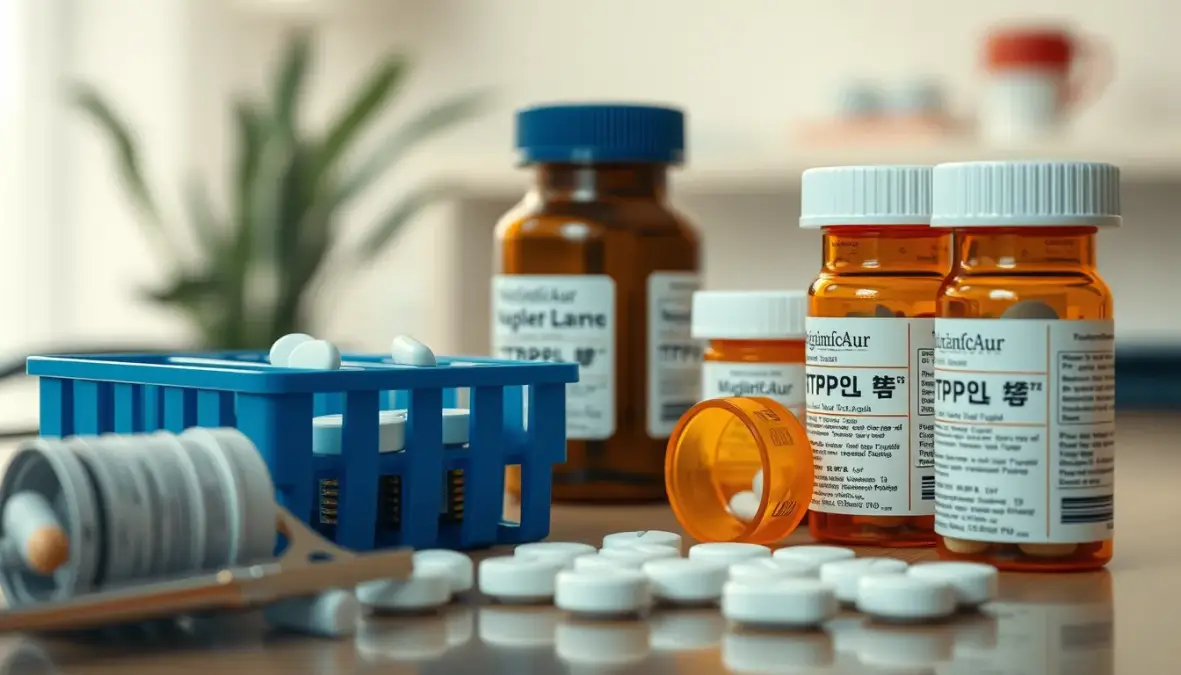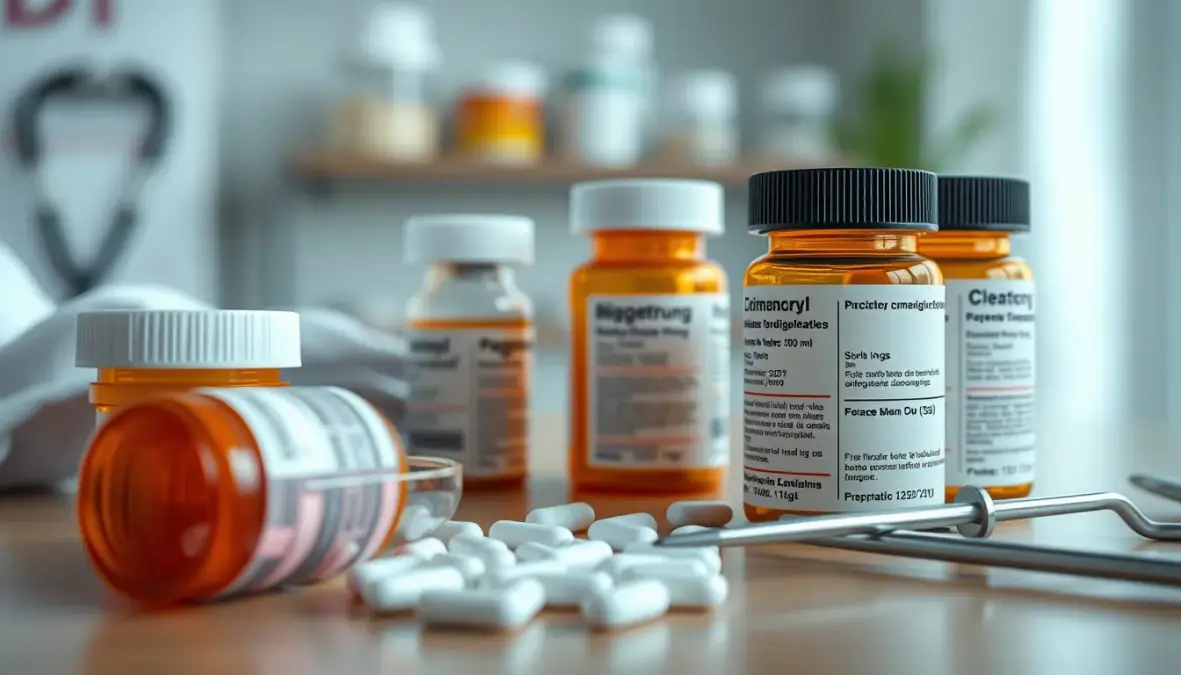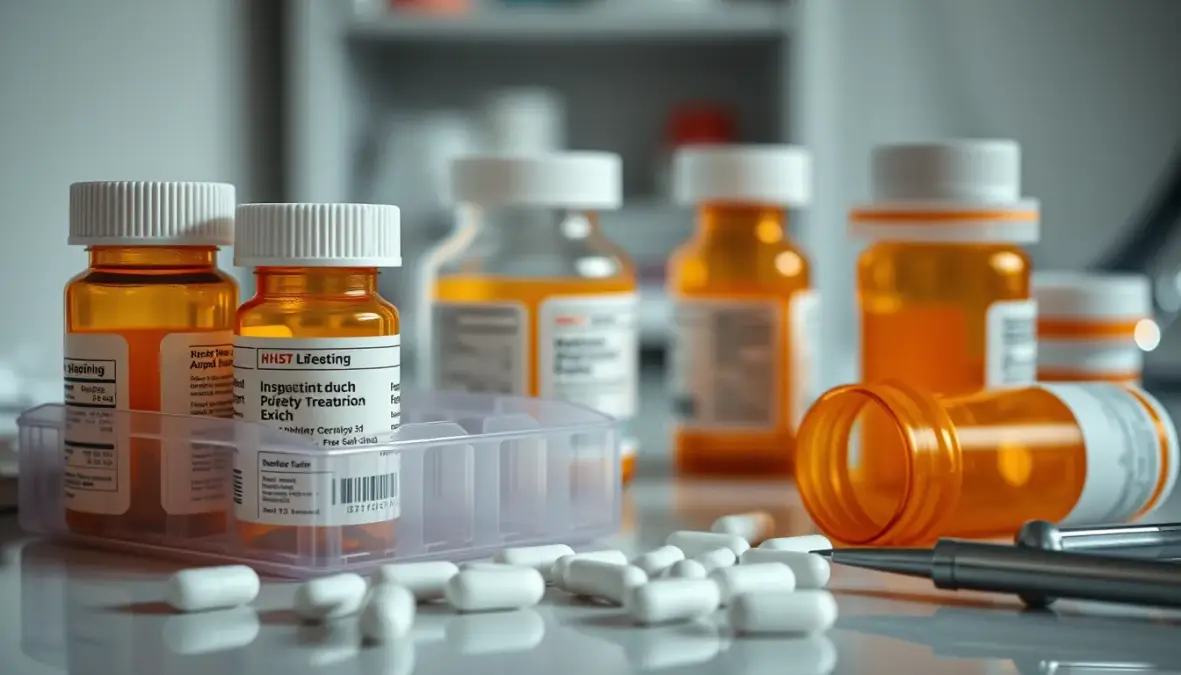The liver is one of the most vital organs in the human body, and it plays a central role in breaking down and processing the medications we take. At Pharma Care, we understand how important it is to understand the relationship between medications and the liver, and how to maintain liver health while on medication. This article will provide you with comprehensive information about the effects of medications on the liver and provide practical tools for maintaining liver health over time.
The liver and its role in processing drugs
The liver is the largest “chemical factory” in our body. It is responsible for breaking down toxins, producing essential proteins, storing vitamins and minerals, and processing food. One of its main functions is breaking down and metabolizing drugs – a process known as “drug metabolism.”
When we take a drug, it passes through the digestive system, is absorbed into the bloodstream, and reaches the liver. There, special enzymes break down the drug and prepare it for excretion from the body. This process is essential for reducing the toxicity of foreign substances and protecting the body.
The effect of drugs on the liver – mechanisms of injury
The effect of drugs on the liver can manifest itself in several ways. It is important to be aware of the different types of drug-related liver injury:
- Direct damage to liver cells – Some drugs or their metabolites can be directly toxic to liver cells.
- Immune response – Sometimes the immune system recognizes the drug or its metabolites as a foreign agent and attacks the liver cells.
- Bile flow obstruction – Certain medications may impair bile duct function and cause cholestasis (stoppage of bile flow).
- Mitochondrial damage – Damage to these organelles responsible for energy production in the cell may lead to liver damage.
Medications known to damage the liver
There are several groups of drugs and the liver that are known to interact with each other. Knowing these drugs can help prevent liver damage:
| Drug group | Examples | Type of possible injury |
|---|---|---|
| Painkillers | Paracetamol (acetaminophen), nonsteroidal anti-inflammatory drugs (NSAIDs) | Direct damage to liver cells, especially in overdose |
| antibiotics | Amoxicillin-clavulanate, tetracyclines | Immune response, cholestasis |
| Antifungal medications | Ketoconazole, itraconazole | Direct damage to liver cells |
| Lipid-lowering medications | Statins | Elevated liver enzymes, rarely significant impairment |
How to maintain the liver under medication
Maintaining liver health while taking medication is an important task that requires attention. Here are some practical recommendations:
- Consultation with the doctor – Always inform your doctor about all medications you are taking, including dietary supplements and herbs.
- Follow-up tests – If you are taking medications known to damage the liver, be sure to have periodic blood tests to monitor liver function.
- Avoiding alcohol – Drinking alcohol while taking certain medications may increase the risk of liver damage.
- Maintaining a healthy lifestyle – A balanced diet, exercise, and maintaining a healthy weight support liver health.
- Knowing warning symptoms – Know how to recognize warning signs of liver damage and contact a doctor immediately if necessary.
Liver-supportive nutrition
A healthy diet can support liver health and help it function, especially while taking medication. Here are some dietary recommendations:
- Green vegetables – Rich in chlorophyll, which helps cleanse the body of toxins.
- garlic – Contains allicin and enzymes that support liver function.
- beet – Rich in betaine and pectin, which help remove toxins.
- nuts – A good source of alpha-linolenic acid, which supports liver health.
- Fish – Rich in omega-3, which reduces inflammation and fat in the liver.
- green tea – Contains catechins that help protect liver cells.
Warning signs of liver damage from medications
It is important to know the signs of possible liver damage from taking medications. Contact your doctor immediately if you experience one or more of the following symptoms:
- Yellowing of the skin or eyes (jaundice)
- Pain or tenderness in the right upper abdomen
- Dark urine or light stools
- Extreme fatigue or weakness
- Persistent nausea or vomiting
- Loss of appetite
- Itchy skin without a visible rash
- Increased tendency to bleed or bruise
What to do if warning signs appear?
- Contact a doctor or emergency room immediately.
- Do not stop taking medications on your own without a doctor's guidance.
- Bring with you a complete list of all medications and supplements you are taking.
- Describe all the symptoms you are experiencing, including when they appeared.
Populations at increased risk of liver injury from medications
There are population groups that are at higher risk of liver damage as a result of taking medications:
- Adults over 65 years of age – Due to a natural decline in liver function with age.
- People with existing liver disease – Such as hepatitis, cirrhosis or fatty liver.
- Alcohol consumers – Alcohol increases the risk of liver damage from medications.
- People taking several medications at the same time – Due to possible interactions between medications.
- People with a history of allergic reactions to medications – May also be more sensitive to liver damage.
If you belong to one of these risk groups, it is especially important to maintain close medical monitoring and periodic liver function tests.
Frequently Asked Questions
Do all medications affect the liver?
Not all medications affect the liver to the same extent. Most medications are metabolized in the liver, but only a few are known to have the potential to cause significant liver damage. However, even medications that are considered "safe" can cause liver damage in some people or under certain circumstances, such as high doses or prolonged use.
Can I take paracetamol if I have liver problems?
Paracetamol (acetaminophen) is generally considered safe at recommended doses, but can be toxic to the liver at high doses. People with pre-existing liver disease should consult their doctor about the appropriate dosage for them, and in some cases they may be advised to avoid paracetamol altogether or use a reduced dose.
How do I know if the medication I'm taking is harming my liver?
The best way to tell if a drug is damaging your liver is with blood tests to check your liver function. Signs such as yellowing of the skin and eyes, pain in the upper right side of your abdomen, extreme fatigue, nausea and vomiting, or dark urine may indicate liver damage and require immediate medical attention.
Can dietary supplements and herbs harm the liver?
Yes, although supplements and herbs are sometimes perceived as “natural” and “safe,” some can cause liver damage. Herbs like kava-kava, ephedra, and even high doses of green tea have been linked to liver damage. It is important to tell your doctor about all supplements and herbs you are taking.
Is the effect of drugs on the liver always irreversible?
No, in most cases, drug-induced liver damage is reversible if it is recognized in time and the offending drug is discontinued. The liver is an organ with an impressive regenerative capacity. However, in severe cases or when the damage continues over a long period of time, irreversible damage may occur. Therefore, it is important to identify the damage as early as possible.
Summary: How to maintain liver health in the era of pharmaceuticals
The effect of medications on the liver is an important issue that requires attention from anyone who takes medication regularly. At Pharma Care, we believe that knowledge is power, and that understanding the connection between medications and the liver can help you maintain your health.
Remember the basic principles:
- Always consult your doctor about all medications you are taking.
- Be sure to have periodic follow-up tests if you are taking medications that may affect the liver.
- Adopt a healthy lifestyle that supports liver health.
- Learn to recognize warning signs of liver damage and contact your doctor immediately if they appear.
Liver health is an integral part of your overall health. By taking a smart approach to medication and adopting liver-friendly habits, you can continue to enjoy the benefits of your medication while minimizing the risks to your liver.
Medical Disclaimer: The information in this article is for general informational purposes only and is not a substitute for professional medical advice. Do not change medication, start a new treatment, or make medical decisions without consulting a qualified physician. Pharma Care is not responsible for any damage or injury that may result from reliance on the information in this article.
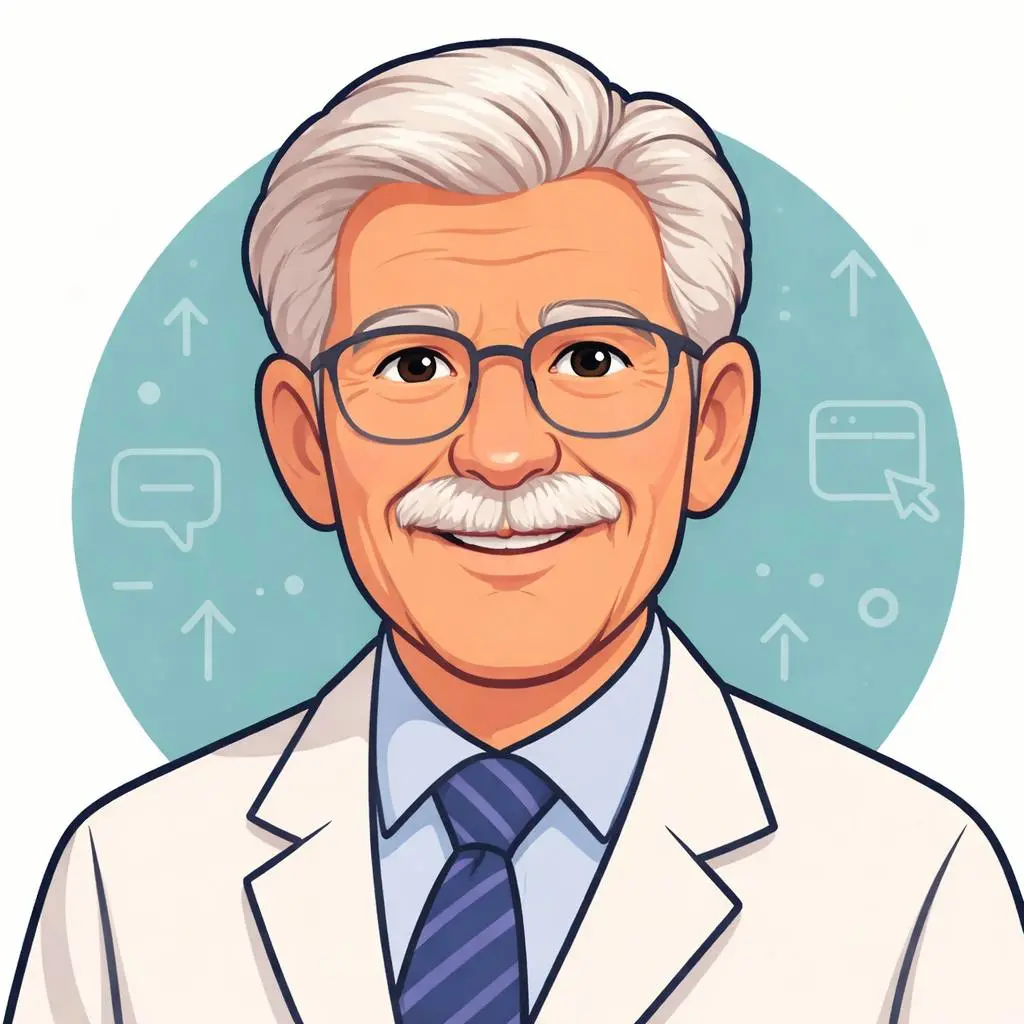
פרופ’ אלון גרין הוא מומחה לפסיכיאטריה קלינית ומחקר תרופתי, עם התמחות בפיתוח והתאמת תרופות מרשם למגוון מצבים נוירו-פסיכיאטריים. בעל ניסיון של למעלה מ־35 שנה בעבודה קלינית ואקדמית, וכיהן כמרצה ופרופסור אורח במספר אוניברסיטאות מובילות בארץ ובחו”ל. עמד בראש יחידות מחקר וטיפול בבתי חולים ציבוריים ומרכזים רפואיים מתקדמים. תחומי עיסוקו כוללים קשב וריכוז (ADHD), הפרעות חרדה והרגעה, דיכאון קליני והפרעות מצב רוח, וכן טיפולים תרופתיים תומכי דיאטה ואיזון מטבולי. משלב גישות מבוססות ראיות עם חדשנות פרמקולוגית, ופרסם עשרות מאמרים מקצועיים בכתבי עת מדעיים, תוך תרומה משמעותית להבנת מנגנוני פעולה של תרופות והשפעתן הקלינית.
